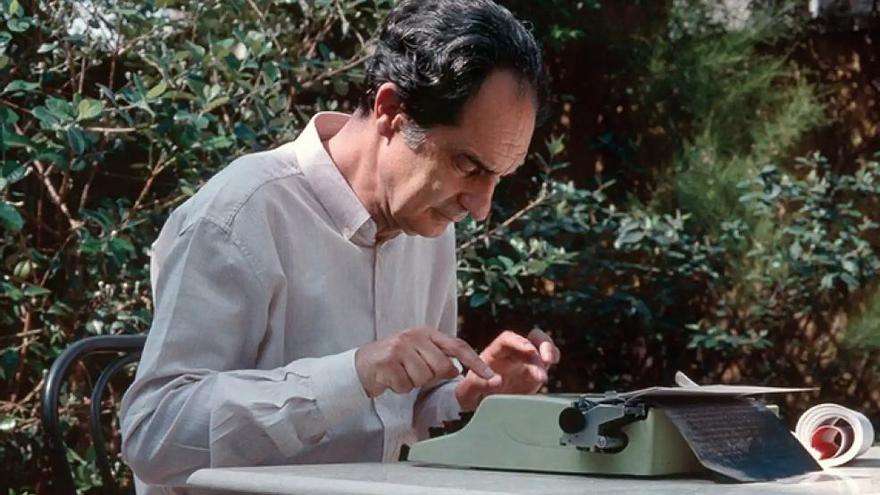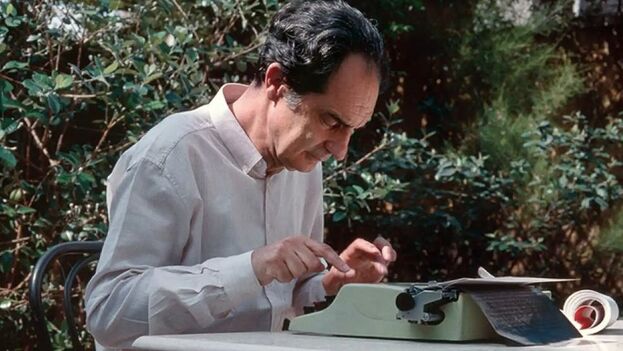
14ymedio, Xavier Carbonell, Salamanca, 15 October 2023 – No one would have guessed that publishing Italo Calvino in Cuba – where an ’absolute freeze’ on his books was declared in 1971 – was going to become a coin of diplomatic currency between Rome and Havana. Scholars and ambassadors, aficionados and bureaucrats, teachers, critics and drowsy leaders are getting together at the moment to celebrate the centenary of the writer – who perhaps would be amused to see just how elastic is memory for the censor, over there in the tropics.
This ’witches coven’ is anything but harmless. Culture – or that which the regime thinks is culture, through much filtering and editing – is one of the ways it tries to convince Europe that some civility remains on the island, and that the Italian embassy’s money can be used to print books, although in microscopic print runs – books which were prohibited in earlier times. To rehabilitate the author, those who once buried him alive – for having defended Herberto Padilla after his arrest by State Security – are now insisting on his origins. Born in Santiago de las Vegas (Havana) in 1923 and married in Havana in 1964 to the Argentinian Esther Singer, Calvino couldn’t be anything else – they argue – than a lost Cuban destiny, or just an Italian by mistake.
Italo’s parents, Mario Calvino and Eva Mameli, moved to the island in 1917, during the period of the Mario García Menocal government. Their house – where their son was born – is today the headquarters of the Institute of Fundamental Investigation into Tropical Agriculture and it keeps a small, almost unspoilt, archive of the family, for the studious.

Occasionally Menocal and Mario Calvino exchanged letters: “This tree, which is in such poor condition and is little appreciated by those who wait for it to bear fruit – I’d like to see whether you can manage to help it get its vitality back and produce what the country rightly expects it to. Here, they g


